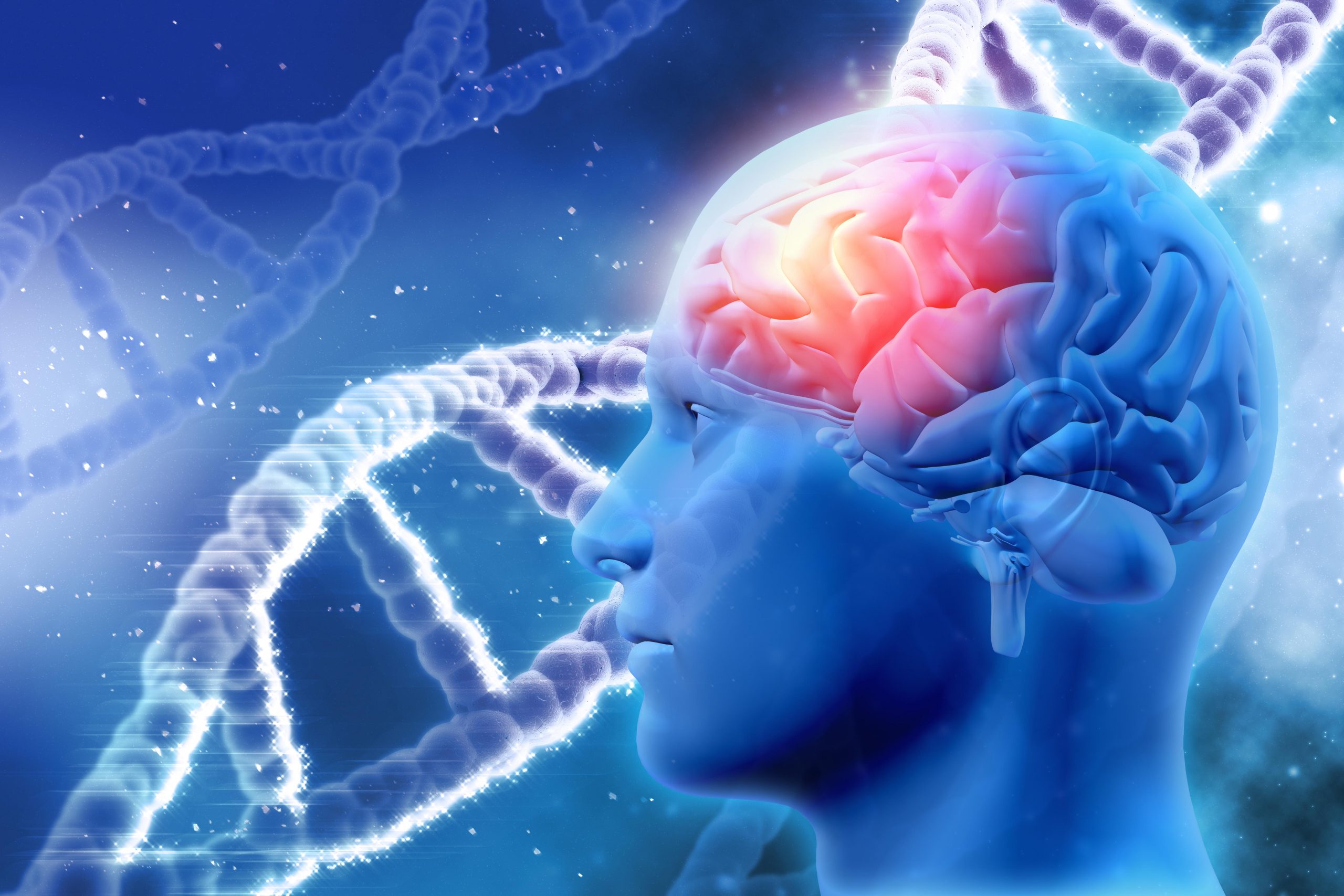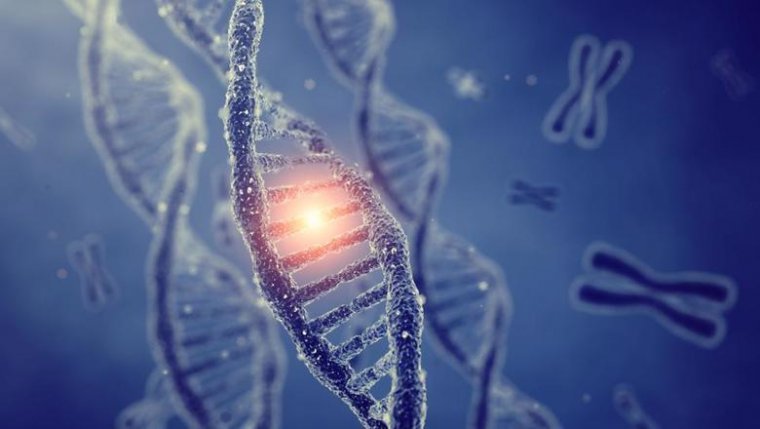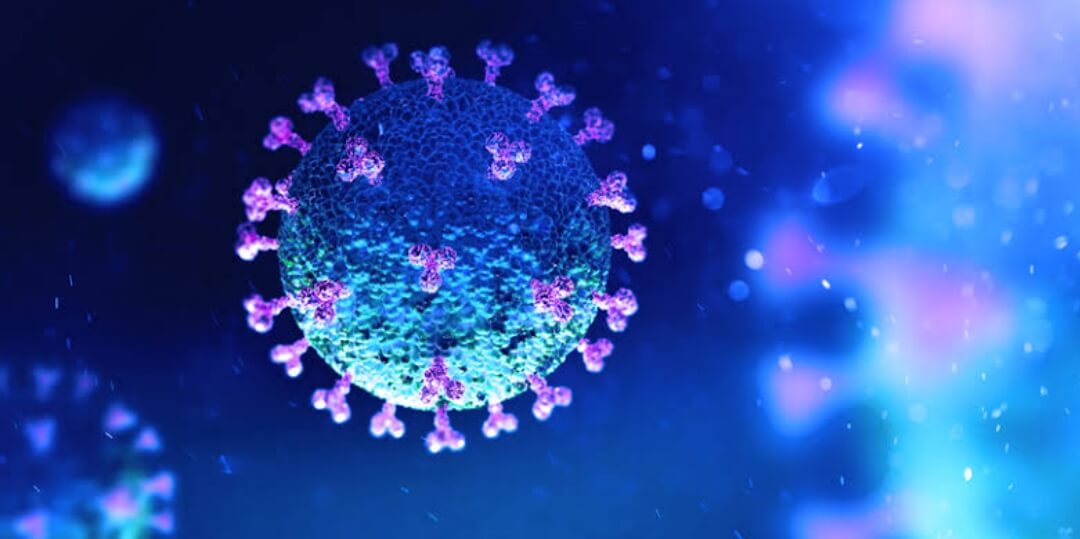
Irritable Bowel Syndrome Awareness Month: recent advances in diagnostics and treatment
April is observed as Irritable Bowel Syndrome Awareness Month. Irritable Bowel Syndrome Awareness Month aims to raise awareness about IBS. This event encourages people who have symptoms of IBS to seek medical advice, to reduce the social stigma associated with IBS by encouraging people to talk more about this condition. Irritable bowel syndrome (IBS) is a common disorder that affects the large intestine. Signs and symptoms include cramping, abdominal pain, bloating, gas, and diarrhea or constipation, or both. IBS is a chronic condition.
- Fiber-filled foods.
- Food and drinks with chocolate, alcohol, caffeine, fructose or sorbitol.
- Carbonated drinks.
- Large meals.
- Fried and fatty foods.
There is no cure for IBS. Treatment is aimed at symptom relief. Initially, your doctor may have you make certain lifestyle changes. These “home remedies” are typically suggested before the use of medication.
Several IBS studies have found an association between hypnotherapy and long-term improvement in gastrointestinal symptoms, anxiety, depression, disability, and quality of life.
FDA approves reintroduction of Zelnorm for IBS-C in certain women
The FDA approved the reintroduction of Zelnorm, a twice-daily oral treatment for irritable bowel syndrome with constipation in women aged under 65 years, according to a company press release.
Protective bacteria found in patients with IBS
Although diversity of the gut microbiota in patients with irritable bowel syndrome was similar to controls, a systematic review published in Gastroenterology identified specific bacteria that were either present or protective in IBS.
FDA approves Trulance for IBS-C
In January, Synergy Pharmaceuticals announced the FDA approved Trulance for the treatment of constipation-predominant IBS (IBS-C) in adults. This is the second indication for Trulance (plecanatide), which the FDA first approved for chronic idiopathic constipation (CIC)
The only drug currently approved for IBS-D is alosetron, a 5-HT3 antagonist that may relieve abdominal pain and slow colonic and small bowel transit. Alosetron was withdrawn from the market for safety reasons in 2000 and was reintroduced in 2002 with a more restricted indication.









